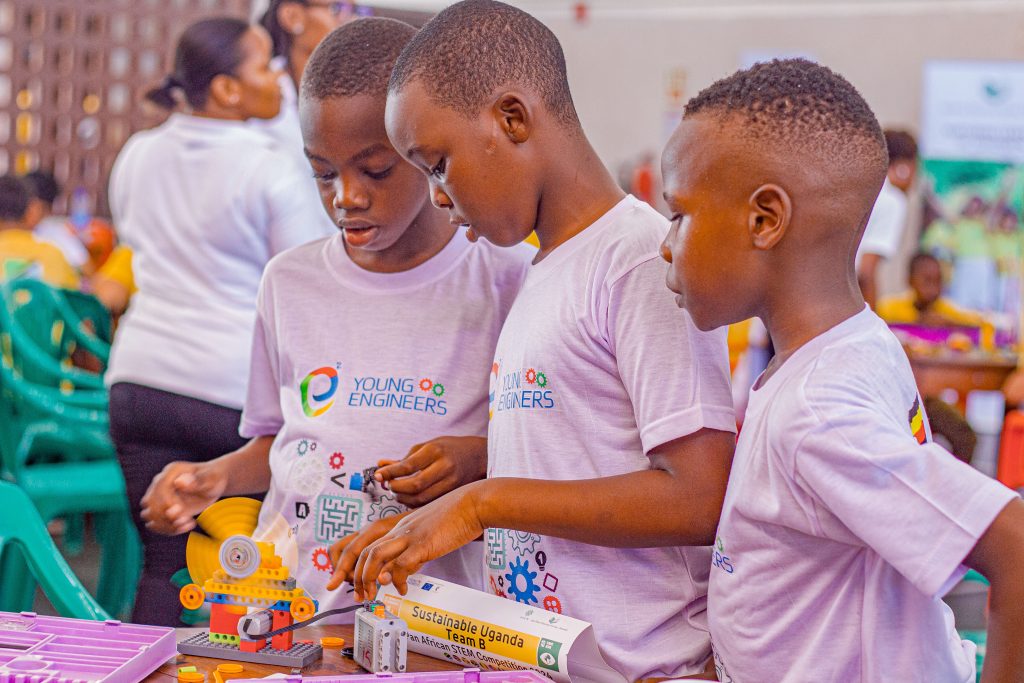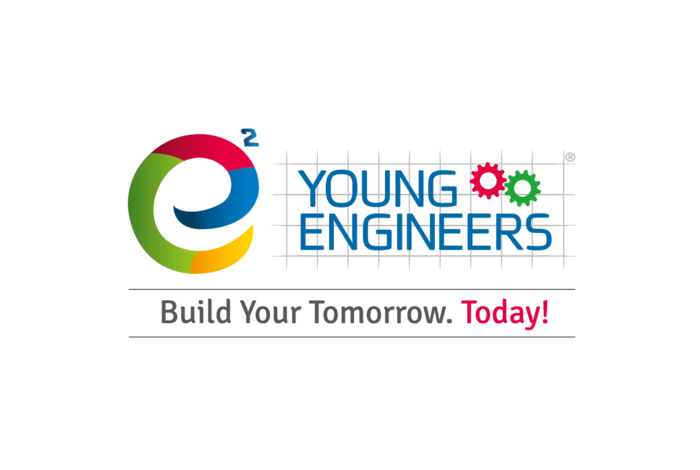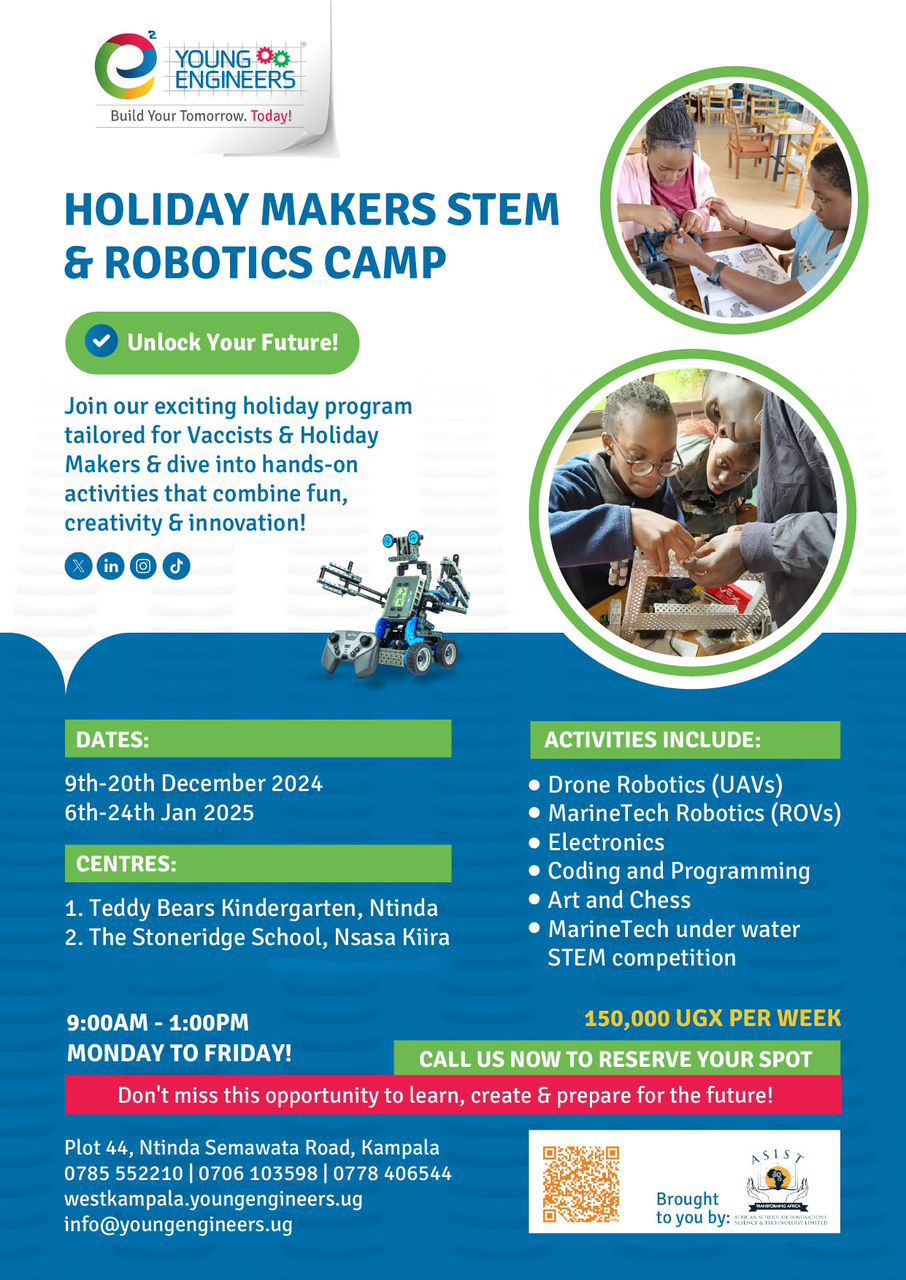
By Arinaitwe Rugyendo
We are living in an era of acceleration. The “era of acceleration” in this context refers to the period we are currently living in, marked by the rapid pace of technological, social, and environmental changes.
Compared to the 19th century and other centuries before, many believe that this acceleration era began around the 20th century and has been sped up dramatically in recent decades.
In essence, the term highlights how technology and globalization are driving rapid shifts in many areas and aspects of our lives, making our society interconnected, complex, and often unpredictable. What then are some of the defining aspects of this era?
The first one is ‘Technological Advancement.” We live in an era of rapid innovations, artificial intelligence, robotics, biotechnology, and other fields are emerging at an unprecedented rate. These technologies are rapidly transforming industries, and even changing how we live, work, study, the school systems, and how we interact.
For example, think of the popularity of letter writing more than three decades ago with today’s instant WhatsApp or TikTok messaging. This rapid tech evolution is often cited as the core driver of acceleration these days.
The second one is “Information Explosion.” The era of acceleration is defined by the digital age. This is an age that has vastly increased the amount of available information, making knowledge and misinformation equally widespread.
The most popular form of communication and information sharing in the 19th century was word of mouth. But during the era of acceleration, the amount of information available is not only huge but how it travels instantly is so fast that it often changes public perception and decision-making in almost real-time.
The third defining aspect is “Economic Shifts.” During the era of acceleration, technology is enabling new business models and reshaping existing ones, fostering a fast-moving economy. In this economy, global competition and digital platforms are reshaping markets in a matter of years or even months. Take the example of the recent expansion of the BRICS Bloc in which 13 new countries were added. Uganda is among them.
The fourth defining aspect is the “Social and Cultural Change.” During this era, we see the rapid spread of information and ideas speeding up social change. Take for example the recent digitally-inspired protests in Kenya which nearly resulted in a total change of government.
These days, it is possible for movements to spread across the globe almost instantaneously, leading to a shift in cultural norms, values, and public awareness of various issues
The fifth and last is “Environmental Pressures.” The era of acceleration is marked by increased climate change and other ecological crises, these crises are worsening more rapidly than scientists previously anticipated. This era is now putting press of governments and organizations to quickly avert catastrophic consequences.
What does the future look like for the children?
Having appreciated the nature and speed of the era of acceleration, what does the future that the children such as those at Early Risers Club, will soon find themselves in, look like? What needs to be done to live it?
The future for these children is a dynamic, interconnected web of technological advancements and innovation. As cities develop into smart entities, powered by Artificial Intelligence (see the recent self-drive cars, service, and industrial robotics innovations at Tesla), so is the fact that our everyday experiences will be transformed.
As autonomous vehicles and drones navigate the skies and streets, other emerging technologies such as virtual and augmented reality will reshape the way children learn, work, and play. And indeed, all of us.
This now calls for embracing what I call “The Skills of the Future.” At the African School of Innovations Science and Technology (ASIST) Limited, which runs the Young Engineers STEM Education program, we refer to these skills as the 21st-century skills of the future of work.
For children to thrive in this future and changing landscape, they must cultivate a set of essential skills to be able to navigate the era of acceleration. These are Digital literacy, critical thinking, creativity, emotional intelligence, and adaptability.
Digital literacy will ensure that they can navigate and leverage technology effectively and meaningfully. Critical thinking will enable them to evaluate information and solve problems. Creativity will drive innovation, helping them to find unique solutions.
Emotional intelligence will help to foster strong interpersonal skills for teamwork and leadership. Adaptability will enable children to navigate industrial and technological complexities as they continuously evolve.
While these skills will open up opportunities for growth and global collaboration, challenges like cybersecurity threats and job displacement by automation will demand resilience and commitment to lifelong learning.
Balancing these skills will prepare the next generation to succeed and make impactful contributions to an increasingly complex world. This is why, at Young Engineers Uganda, we have emphasized LEGO and Robotics Education to nurture this generation of future problem solvers!
The writer is a Journalist-Scholar at Makerere University and founder of Uganda’s Young Engineers STEM Education Programme. He can be reached at rugyendo@gmail.com or +256752466778.




